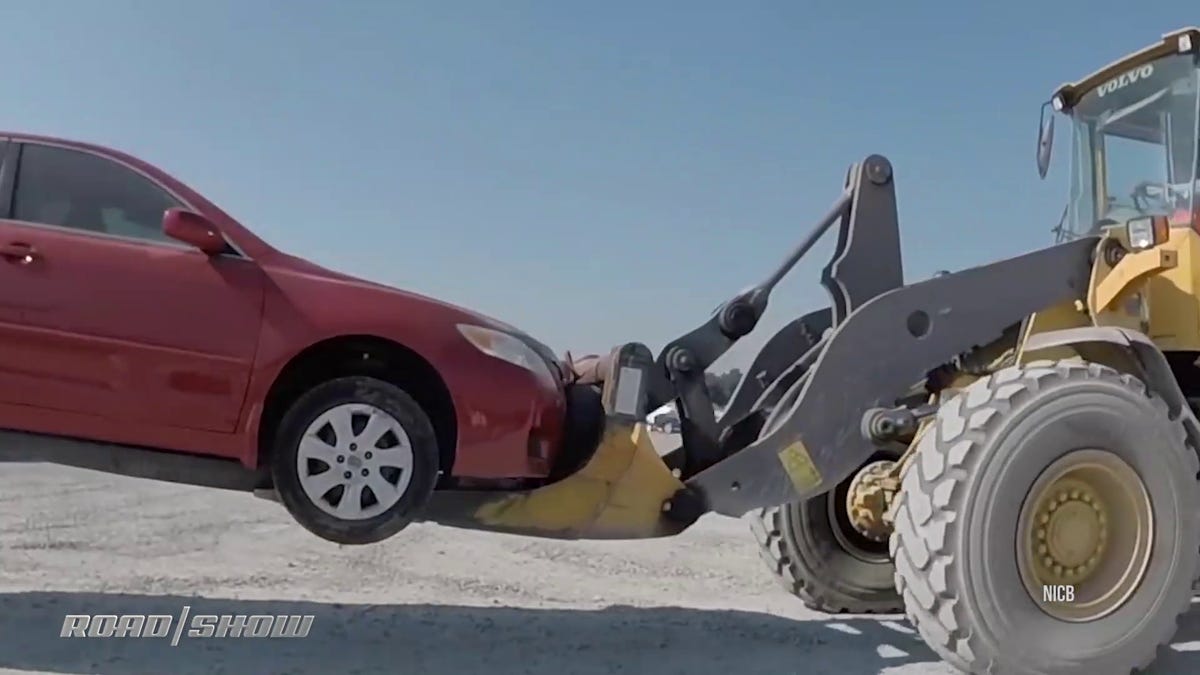How to evaluate the cost of repairing your car
The best way to decide if you should fix your current car or buy a new one.

Scrapping your car because it needs a major repair might be just compounding the financial headache.
Viewer Mitch from Hawaii wrote me about his 2008 Toyota Highlander Limited that's facing $5,000 worth of repairs, so he wants to know if he should just buy a new car. The temptation to think a car worth around $10,000 isn't worth $5,000 in repairs is understandable, but auto repair costs should be compared against the full cost of a new or newer car, including financing and possibly higher insurance and registration costs. Comparing repair costs with that laundry list will usually result in lopsided math that favors repairing the the car you have, with some caveats.
See the video above for in-depth discussion of repair versus replace, including a talk with CBS News Business Analyst Jill Schlesinger who never met an unplanned expense she liked! But here's a summary of the pros and cons of repairing your current car:
Why you would repair your current car
- Usually costs a lot less than buying a new or newer car: The average new car costs over $37,000 with $32,000 of that typically financed.
- Keeps insurance and registration costs where they are; newer cars often raise those.
- Avoids the steep depreciation of a new car -- as much as 50% of its value vanishes after three to four years.
- You know the history of your car, which is not the case with a newer used car and all its secrets.
- You can add many new technologies like CarPlay, Bluetooth or a rearview camera to your current car to freshen it up.
If Mitch can justify moving from his 2008 Highlander to a preowned 2016 Prius V, he would get doubled fuel efficiency.
Why you might buy a new car
- New cars have modern driver assist technology like automatic emergency braking and adaptive cruise control you can't typically add to your old car.
- A more modern car may bring you many more airbags as well as advanced stability control and a higher crash safety rating.
- A new car could dramatically reduce your fuel cost if you can switch from a gas guzzler to something with at least twice the miles per gallon.
Whatever you do, don't fall for the mistake of comparing repair cost to vehicle market value: The real math is what will it cost you to buy something better than the current car you can repair.

